It takes around 9 months to complete the MBA programme. After completing the Qualifi Level 7 postgraduate diploma, students can apply for the Top MBA programmes at Anglia Ruskin University.
MBA in
Ranked 38th in the UK
Times Higher Education – Best universities in the UK 2022
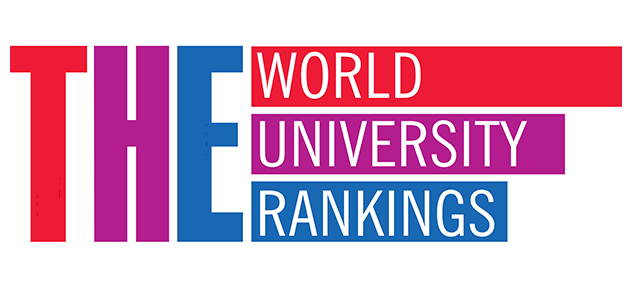
Ranked 301-350th in the world
Times Higher Education – Best universities in the world 2022

Awarded Gold Rating in 2023
Teaching Excellent Framework (TEF)
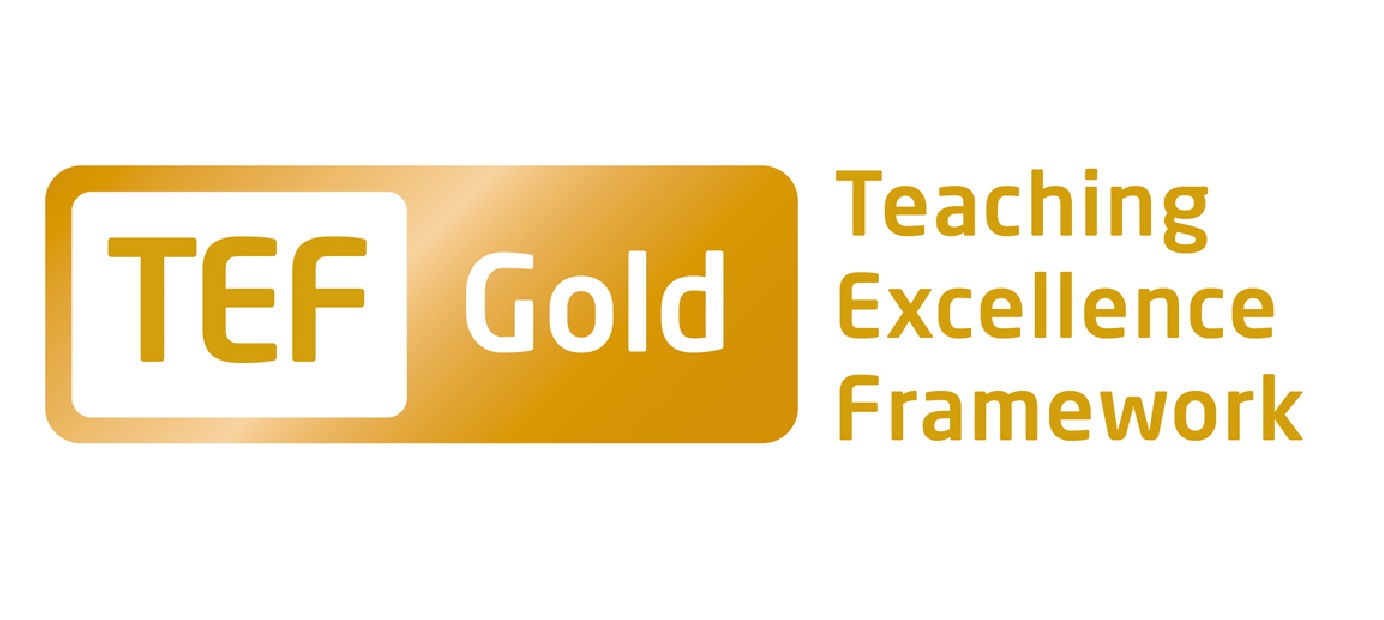
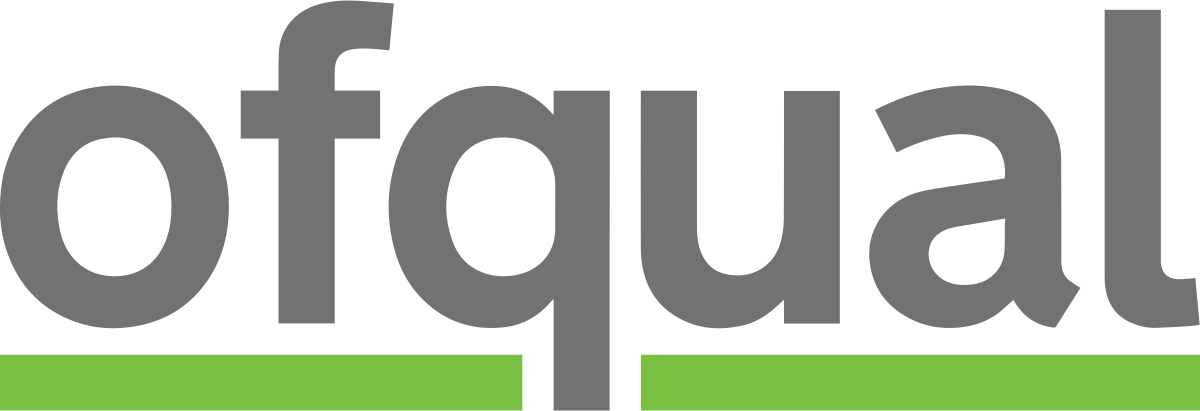

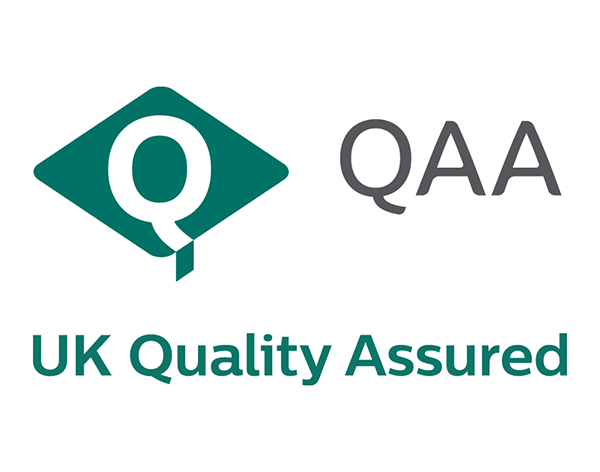
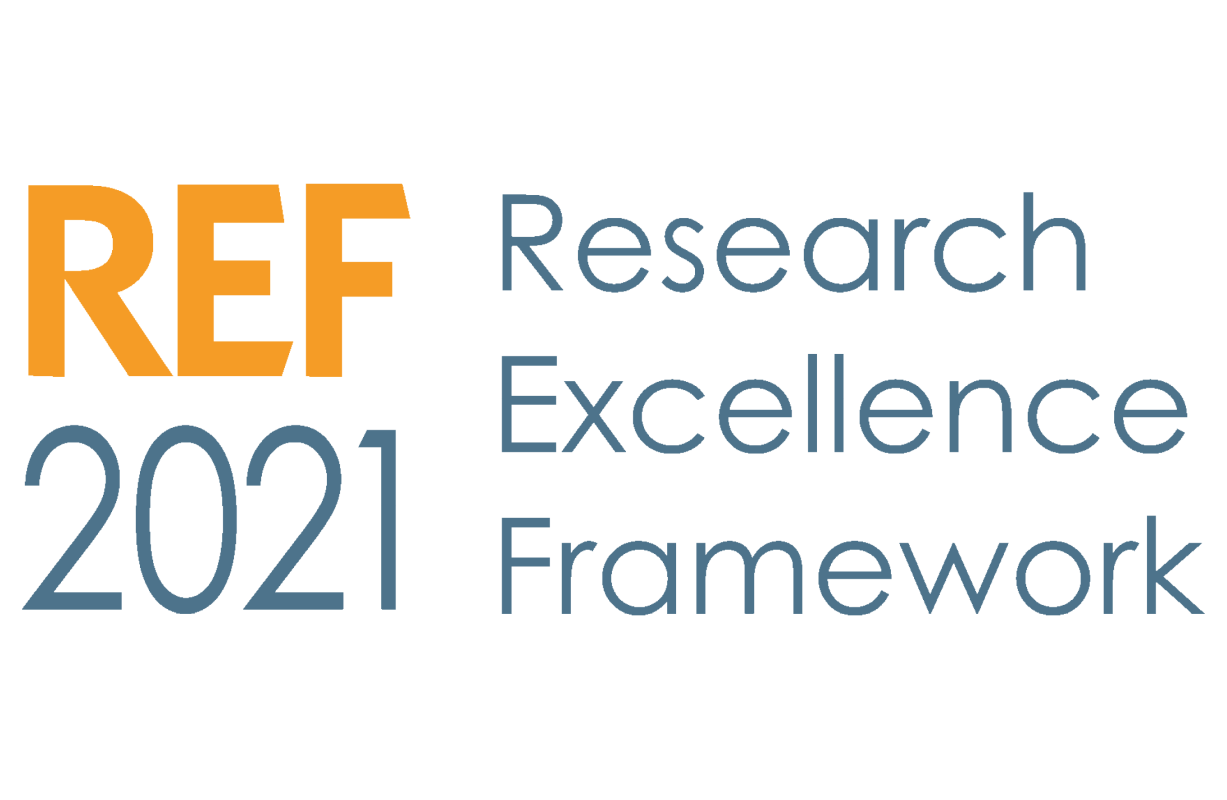
Anglia Ruskin University
MBA in Educational Leadership and Management
Course Type
MBA Top-Up
Study Method
Distance Learning
Start Date
September
Course Duration
9 months
Assessment
No exam, assessed on a continuous basis through assignments and class participation
Language Medium
English
Progression Pathway
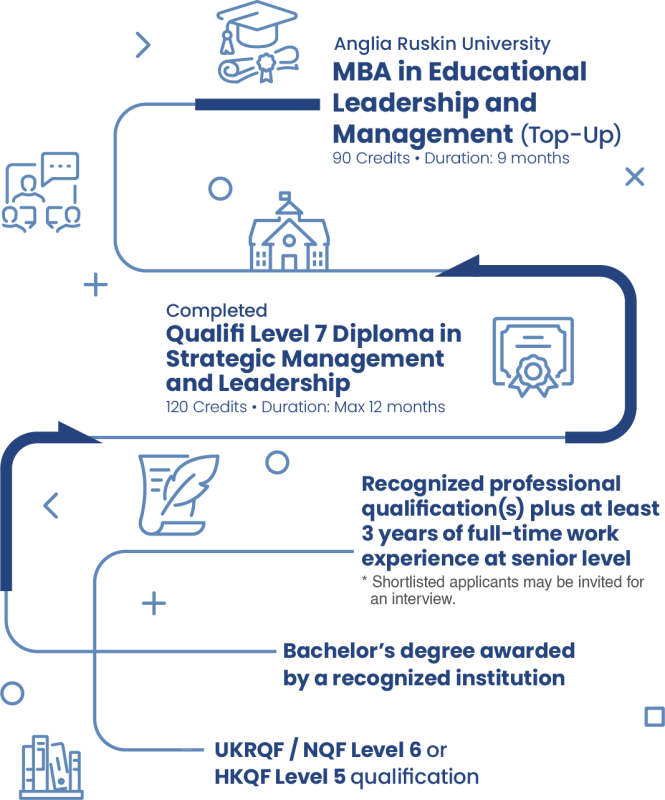
Requirements
- Level 6 Qualification or First Degree or Three years managerial work experience (evaluated on a case-by-case basis)
- A good command of English
Existing educational qualifications and work experience will be directly taken into programme and allowing for module exemptions, please email or WhatsApp us for details.
English Language Requirements
- IELTS 5.5; Reading and Writing must be at 5.5 or
- HKALE Use of English at Grade E or above, or HKDSE Examination English Language at Level 3 or above or
- Satisfy the examiners in UK EDUCATION qualifying examination, if required
Accreditation
- Level 7 Diploma in Educational Leadership and Management Provided by Qualifi
-
MBA in Educational Leadership and Management by Anglia Ruskin University
Level 7 Diploma in Educational Leadership and Management Provided by Qualifi
Mandatory Units
You must take all six of the following:
|
Mandatory Units |
|||||
|
Unit Reference |
Mandatory Units |
Level |
TQT |
Credit |
GLH |
|
T/618/3135 |
Leadership Qualities and Practice in Education |
7 |
200 |
20 |
100 |
|
A/618/3136 |
Contemporary Issues in Education: Theory, Policy and Practice |
7 |
200 |
20 |
100 |
|
F/618/3137 |
Managing Change in an Educational Context |
7 |
200 |
20 |
100 |
|
J/618/3138 |
Pedagogy and Practice in Education |
7 |
200 |
20 |
100 |
|
L/618/3139 |
Leading Reflective Practice in Education |
7 |
200 |
20 |
100 |
|
F/618/3140 |
Research Methods in Education |
7 |
200 |
20 |
100 |
The overall structure of the course is based on eight units that cover a number of topics relating to learning outcomes. All units are mandatory.
Learners will be invited to attend lectures and workshops that will introduce the subject matter. Learners must complete all units successfully and achieve 120 credits before the Diploma can be issued.
MBA in Educational Leadership and Management by Anglia Ruskin University
Embarking on this MBA is a clear signal to your employers that you’re strongly motivated to succeed. Tailor your studies to focus closely on your current role and boost your educational leadership and management skills to an advanced level.
Studied by distance learning, our MBA in Educational Leadership and Management responds to the growing demand for new and innovative service methods. It’ll hone and develop your existing management and leadership skills, giving you the opportunity to reflect on contemporary practices and theories and enabling you to push forward in a leadership or management role in your workplace for the benefit of both pupils and staff.
Modules are relevant whether you’re working in the UK or overseas, employed in a leadership or management role or simply taking on parts of the job in your teaching position. The distance learning elements are interactive, where you’ll participate in online discussion. You’ll also use text, audio and video as well as e-books and e-journals and wider research online. You’ll be able to discuss key topics with fellow students and tutors.
Students study two core units:
- Developing Effective Management Systems
- Dissertation (Major Project)
Introduction:
Anglia Ruskin University (ARU) offers a comprehensive range of Master of Business Administration (MBA) programs, specializing in the field of educational leadership and management. These programs are designed to equip aspiring professionals with the necessary knowledge and skills to excel in educational settings. With a strong emphasis on practical application and theoretical understanding, ARU MBA in Educational Leadership and Management is highly regarded in the field.
ARU MBA in Educational Leadership and Management:
The ARU MBA in Educational Leadership and Management is a prestigious program specifically tailored for individuals seeking to enhance their expertise in leading and managing educational institutions. This program delves into various aspects of educational leadership, including strategic planning, organizational development, financial management, and policy implementation. By focusing on these critical areas, students are prepared to tackle the challenges and complexities of educational management effectively.
ARU MBA in Education Management:
The ARU MBA in Education Management is a specialized program that caters to professionals aspiring to take on managerial roles within educational institutions. This program provides students with a comprehensive understanding of educational systems, curriculum development, human resource management, and marketing in the education sector. Graduates of this program are equipped with the skills necessary to lead educational organizations towards success and innovation.
ARU MBA in Education:
The Anglia Ruskin University MBA in Educational Leadership and Management program is designed to provide a broad understanding of the education sector, combining business management principles with educational theory and practice. This program offers a holistic approach to education, covering topics such as educational policy, curriculum design, assessment and evaluation, and educational technology integration. Students gain a well-rounded perspective on the educational landscape and develop a strategic mindset to drive positive change.
Why Choose ARU’s MBA Programs in Educational Leadership and Management?
- Expert Faculty: ARU boasts a team of experienced faculty members who are renowned experts in the field of educational leadership and management. They bring a wealth of knowledge and industry insights to the classroom, ensuring students receive a high-quality education.
- Practical Orientation: ARU MBA in Education management prioritize practical application. Students engage in real-world case studies, projects, and internships, allowing them to apply their learning to actual educational scenarios.
- Networking Opportunities: ARU provides students with ample networking opportunities with industry professionals, alumni, and fellow students. These connections can prove invaluable for future career prospects and collaborations within the education sector.
In conclusion, Anglia Ruskin University MBA in Educational Leadership and Management offer aspiring professionals the opportunity to develop the skills and knowledge necessary to excel in the challenging field of education. Whether it is educational leadership, management, or a holistic understanding of the education sector, ARU’s MBA programs provide a solid foundation for success.
Uk University, helping you pursue ARU MBA in Education
The professional counselors at Uk University will recommend suitable programs based on your actual conditions and requirements.In addition, our center will also provide you with a one-stop university registration agency service to assist you in resolving application difficulties such as application forms, recommendation letters, and English resumes.We will also provide you with accurate information about the Anglia Ruskin University MBA in Education management, including the college’s reputation, available resources, faculty level, course offerings, admission requirements, admission costs, etc., so that you can choose the program that suits you.
The Anglia Ruskin University MBA in Education management program is 100% online teaching.Online ARU MBA in Education programme can not only provide simulated classroom teaching, but also provide real-time video conferencing, shared file editing, and homework review.



